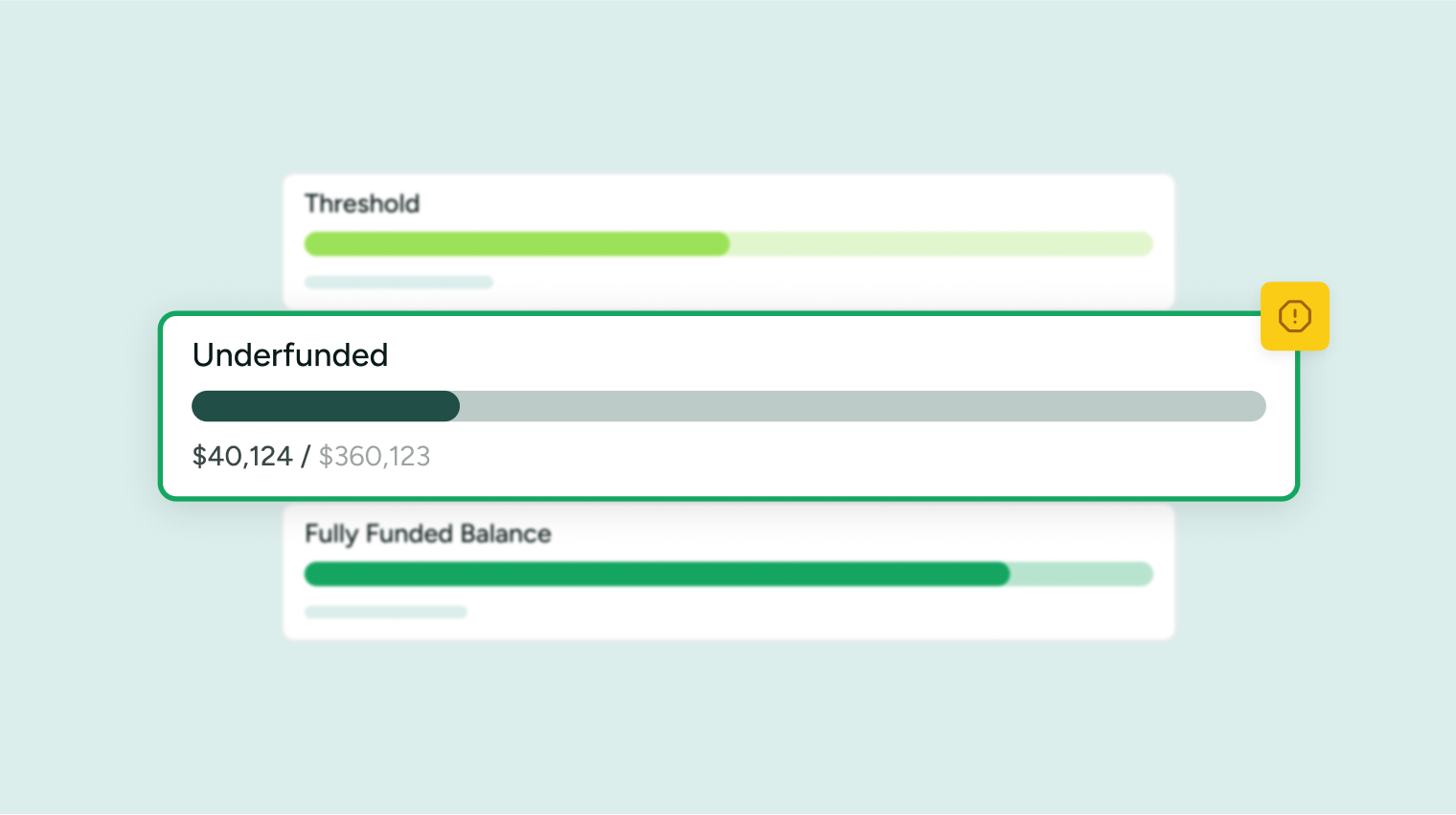Reserve Fund Mastery: The Key to Financial Stability


Importance of Reserve Funds
Reserve funds are a cornerstone of financial health for any HOA, playing a pivotal role in preventing deferred maintenance and maintaining financial stability and asset management.
Preventing Deferred Maintenance
Deferred maintenance often arises from several causes, most notably aging infrastructure and lack of planning (PropFusion). HOAs must contend with various maintenance tasks that can accumulate over time, leading to what is known as deferred maintenance. This can result in more significant issues if minor repairs, like leaks or old filters, are ignored. These problems not only pose safety risks but can also lead to increased energy use and higher bills.
To prevent these issues, an HOA must ensure their reserve fund is adequately funded. The primary objective here is to accumulate sufficient resources to address both minor and major repairs promptly, thereby avoiding the pitfalls associated with deferred maintenance. By having a well-funded reserve, HOAs can manage aging infrastructures effectively, ensuring minor issues do not escalate into costly repairs. Learn more about how to maintain reserves in our article on what is a reserve study in HOA?.

Financial Stability and Asset Management
Reserve funds are pivotal in ensuring the financial stability of an HOA. They act as a buffer, allowing the association to cover unexpected or planned expenses without impacting the day-to-day operations budget. This separation between operational funds and reserve funds is critical in maintaining a stable and financially sound HOA.
Underfunding reserves can have severe repercussions, including funding shortfalls, deferred maintenance, decreased property values, and negatively impacting the financial well-being of the owners. Proper asset management requires a thorough understanding of how much should be in the reserve fund. Typically, a well-managed HOA aims to maintain reserves at a level that meets at least 70% of expected future needs.
It's crucial for HOA board members to perform regular reserve studies to evaluate the current and future needs of the association. This helps in making informed decisions about funding methods and ensures that the association is prepared for any financial contingencies. Dive deeper into this topic in our article about what is threshold funding for reserve study.

For HOA board members looking to master reserve fund management, understanding the importance of adequately funded reserves is crucial. Not only does it prevent deferred maintenance, but it also ensures financial stability and proper asset management, securing the longevity and value of the community properties they manage. Explore more about reserve studies and their significance in our article on what are the benefits of a reserve study.
Factors Influencing Reserve Studies
Proper reserve fund management is essential for ensuring an HOA's financial stability. A thorough understanding of the factors influencing reserve studies can help board members make informed decisions. Two primary influences on reserve studies are cost determinants and legal requirements.
Cost Determinants
Several factors can affect the cost of conducting a reserve study. Understanding these can help HOAs budget accordingly and ensure adequate fund allocation.
- Size of the Community: Larger communities with more amenities will require more detailed and comprehensive reserve studies, potentially increasing costs.
- Complexity of Assets: Communities with a diverse range of assets such as pools, clubhouses, and other facilities require more extensive studies.
- Frequency of Updates: Regular updates to the reserve study can lead to additional costs but help in maintaining accuracy and relevance.

Legal Requirements
State laws significantly influence the requirements for reserve fund studies in HOAs. Regulations vary across states, and HOAs must adhere to specific legal mandates.
- Mandated Reserve Studies: Twelve states mandate that condominium associations conduct reserve studies or maintain a reserve schedule. These states include California, Colorado, Delaware, Florida, Hawaii, Maryland, Nevada, Oregon, Tennessee, Utah, Virginia, and Washington State (Clark Simson Miller)
- Budget Approval Processes and Special Assessments: State laws outline how HOAs should craft their budgets, approve them, and manage special assessments. These legal guidelines ensure that HOAs maintain financial prudence.
- Transparency and Accountability: Legal requirements often mandate transparency in financial reporting and accountability of the HOA board to its members.
Keeping abreast of state-specific regulations can help HOAs comply with legal mandates and manage their reserve funds effectively. For more on the specifics, explore what are the funding methods for reserve studies? and what are the benefits of a reserve study?.
Understanding both cost determinants and legal requirements can equip HOA board members with the knowledge needed to answer the crucial question: how much should you have in a reserve fund?. This ensures financial stability and the prevention of deferred maintenance, ultimately benefiting the entire community.

Take Control of Your Association’s Future


































































